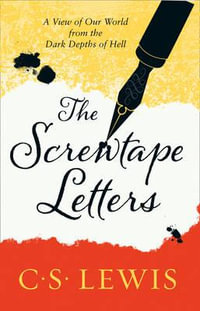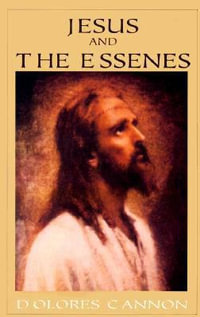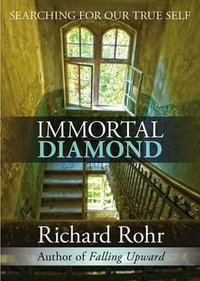This title was first published in 2002: Two hundred years after the publication of Schleiermacher's epoch-making Speeches, The Future of Liberal Theology presents a comprehensive and critical re-assessment of the past, present and future of the liberal tradition in Christian theology. In dialogue with the different forms of liberalism emerging from the Enlightenment, each of which is carefully defined, distinguished international theologians draw on a range of perspectives which represent the diversity of liberal theology. Discussing the criticisms of liberalism offered in the twentieth century, and engaging with contemporary theological debate which is often deeply hostile to liberalism, the conclusions offered for liberal theology range from the deeply pessimistic to the thoroughly optimistic. Students, clergy, and theological educators more broadly will value this critical reflection on the current state of theology and suggestions for its future course, together with the serious engagement with issues in theological education, which this book presents.
Industry Reviews
'... an encouraging and positive prospectus for liberal theology, which, in challenging times, should renew confidence in liberalism as a mainstream contributor to the development of Christian thought and praxis... Mark Chapman has collected and edited, with skill and commitment.' Church Times 'The uncertain nature of all our religious understanding, argues Mark Chapman in his introduction to the collection The Future of Liberal Theology, is the basis for liberalism in christian throught, and this lack of ultimate certainty makes liberal theology not merely something of historical interest but rather of abiding concern to the future of christianity... the collection as a whole raises a series of questions which are pertinent to all contemporary Christian theology and not just that which might be termed 'liberal'.' Reviews in Religion and Theology 'This is an encouraging collection of essays which deserves a wide readership... it has been skilfully edited broadening its appeal well beyond the academiy. The book divides into three sections: a consideration of types of liberal theology; the relationship between liberal theology and education; and finally a section devoted to the critics... a coherent and challenging collection of essays on the future of liberalism - a future which may well be more 'inclusive, humble, open and pluralistic' than it has been for a while.' Modern Believing '... this stimulating book (...) takes as its starting point the two-hundredth anniversary of the publication of Schleiermacher's Religion: Speeches to its Cultured Despisers... The essays are set out in three sections - 'Types of Liberal Theology', 'Liberal Theology and Education' and 'Addressing the Critics'; the collection ends with an 'outsider's' conclusion supplied by sociologist Steve Bruce. Mark Chapman's introduction offers a lively start with crystal clarity... there are some outstanding contributions.' Theology



















![Mere Christianity [Gift Edition] - C. S. Lewis](https://www.booktopia.com.au/covers/200/9780008254599/null/mere-christianity-gift-edition-.jpg)




